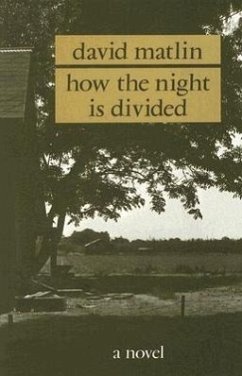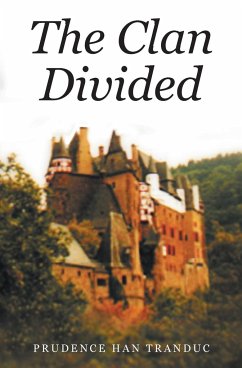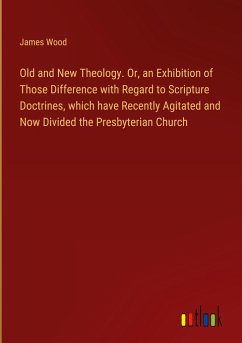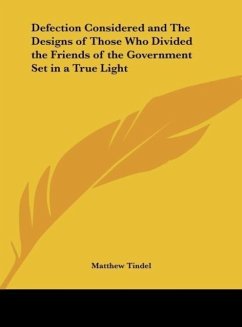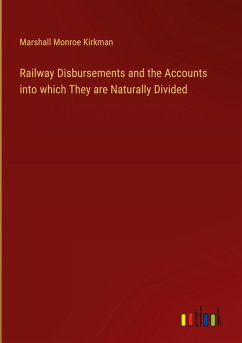Poet Matlin's debut novel - set in the 40's and early 50's on the southern California chaparral close to the Mohave Desert - brings to life a Jewish family who raise roses and a Kiowa Okie who serves as a memory bank for Indian and local lore. Tom Green, the Kiowa Okie, knows how to irrigate, and so he helps the immigrant Jews, even though "In the local papers the local people complained about the herd of Jews being kept there." Like the Jews, who hire concentration camp survivors and live almost as much in the spirit of their racial history as they do on their farm, Green - who's in love with Anna, an old actress - is a repository of history. The book, narrated mostly by one of the Jewish farmer's children, juxtaposes the two very different sorts of history, textures the narrative with atmospheric detail, and brings all the various tribes together at the end for the Rancho ride - a great ritual and an occasion for celebration. Matlin takes us along via the farmer's son to explore the chaparral in late August, the Santa Arm winds ("Once the wind gets into a house there was no telling what it or the things it carried might do"), and earthquakes, landslides, bougainvillea, rains, the method of packing a tractor-trailer, and the seasonal vicissitudes of growing roses and growing up. Green's story, on the other hand, is about poverty, day-to-day survival, drugs, and, more pleasantly, his line of "Butterfly Dreamers" - women who prophesy the future from the whisper of the insects' wings. This has as much to do with history as with fiction (Matlin also packs in an essay on rose tending from ancient times to the present), but its sense of place is dead to rights. Short on plot and character, then, but with narrative charms that more than compensate. (Kirkus Reviews)
Bitte wählen Sie Ihr Anliegen aus.
Rechnungen
Retourenschein anfordern
Bestellstatus
Storno

